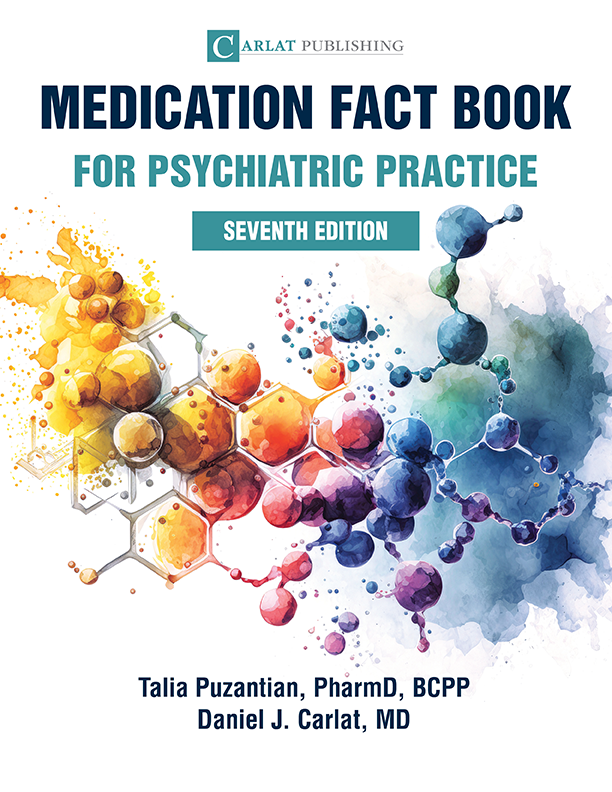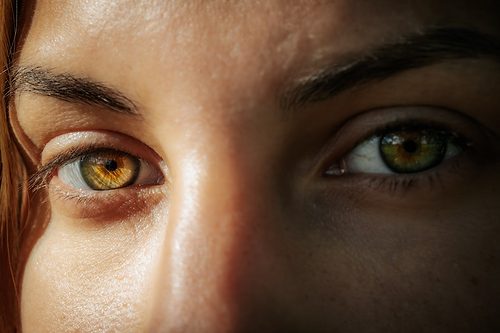General Psychiatry
Acupuncture in Psychiatry
David Mischoulon, MD, PhD
Assistant Professor of Psychiatry, Harvard Medical School
Director of Alternative Remedy Studies, Depression Clinical and Research Program, Massachusetts General Hospital
Dr. Mischoulon has disclosed that he has no significant relationships with or financial interests in any commercial companies pertaining to this educational activity. The author has disclosed that acupuncture has not been approved by the U.S. Food and Drug Administration for use in the treatment of depression or substance abuse. Please consult product labeling for the approved usage of this treatment.
Read More
The Role of GABA in Anxiety
Andrew Goddard, MD
Professor of Psychiatry and Radiology; Director, Adult Outpatient Clinic and Anxiety Program, Indiana University Department of Psychiatry
Dr. Goddard has disclosed that he was or is the recipient of research grants from Cephalon and Pfizer Pharmaceuticals; and was or is a consultant for AstraZeneca; and was or is a member of the speakers bureau of Pfizer Pharmaceuticals. The editors of The Carlat Psychiatry Report have closely reviewed the content of Dr. Goddard’s interview and have determined that there are no financial conflicts of interest regarding this educational activity. The author has disclosed that D-cycloserine, gabapentin, lamotrigine, pregabalin, and tiagabine have not been approved by the U.S. Food and Drug Administration for use in the treatment of anxiety. Please consult product labeling for the approved usage of these drugs.
Read More

_-The-Breakthrough-Antipsychotic-That-Could-Change-Everything.jpg?1729528747)



